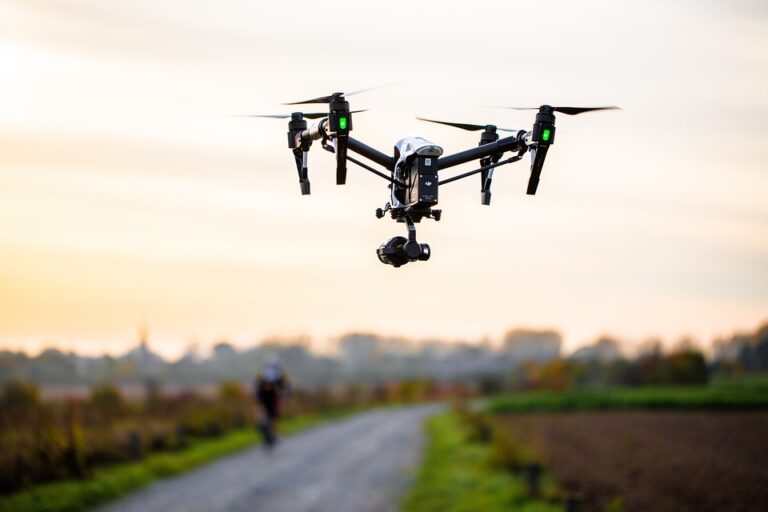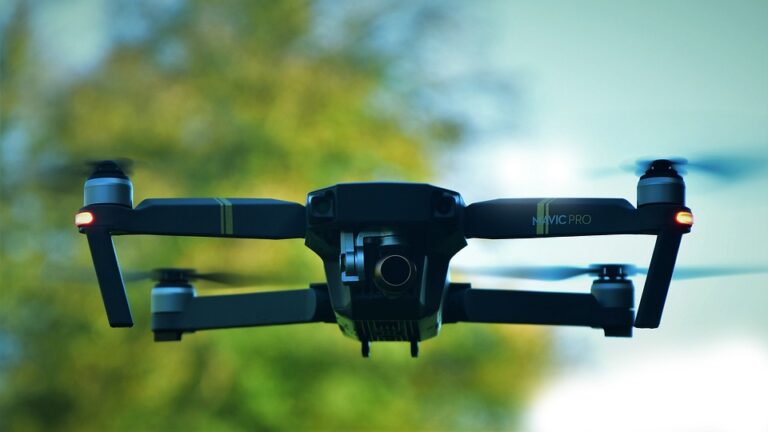Virtual reality (VR) has emerged as a groundbreaking technology that is revolutionizing the entertainment industry. With its ability to transport users into immersive digital environments, VR has opened up endless possibilities for new and exciting experiences. From gaming and movies to live events and theme parks, VR is transforming the way we consume entertainment.
One of the most significant impacts of VR on the entertainment industry is in the world of gaming. With VR headsets and controllers, gamers can now step into virtual worlds and interact with their surroundings like never before. This level of immersion enhances the gaming experience by making players feel like they are part of the game. Whether it’s exploring fantastical landscapes, battling enemies, or solving puzzles, VR gaming takes entertainment to a whole new level.
In addition to gaming, VR is also revolutionizing the way we watch movies and TV shows. Traditional movie-watching experiences are limited to a flat screen, but VR technology allows viewers to be fully immersed in a virtual cinema. Imagine being able to watch your favorite movies on a giant screen in a virtual theater, all from the comfort of your own home. This not only provides a more immersive experience but also allows for personalized viewing options, such as choosing your seat or even watching with friends from different locations.
VR is also transforming live events and performances. With the ongoing pandemic limiting in-person gatherings, VR provides a solution to bring the entertainment industry into people’s homes. Virtual concerts and events allow users to experience the excitement of being in a crowd and watching their favorite artists perform live, all while staying safe. This opens up new opportunities for artists to reach a global audience, regardless of physical location or venue capacity.
Theme parks and amusement parks are also embracing VR technology to enhance their attractions. VR roller coasters, for instance, combine the thrill of a traditional roller coaster with the immersive experience of a virtual world. By wearing a VR headset during the ride, users can be transported to a different world, adding an extra layer of excitement and adventure. This not only enhances the overall experience but also allows theme parks to offer multiple virtual experiences on a single physical ride, increasing their attraction value.
Beyond gaming, movies, live events, and theme parks, VR is also making waves in the world of education and training. Virtual classrooms and simulations provide an immersive and engaging learning experience. Students can explore historical landmarks, travel to outer space, or dissect virtual organisms, all from their desks. Similarly, VR training programs allow professionals in various fields to practice their skills in a safe and controlled environment. From medical simulations to flight training, VR is revolutionizing the way we learn and train.
While the adoption of VR in the entertainment industry is still relatively young, its potential is immense. As technology advances and becomes more accessible, we can expect even more innovative uses of VR in entertainment. As more consumers embrace VR headsets and developers create new and exciting content, the possibilities for immersive entertainment experiences are endless.
However, there are challenges that need to be addressed for VR to fully revolutionize the entertainment industry. Cost and accessibility are still barriers for many consumers, with VR headsets being relatively expensive and requiring powerful hardware to run smoothly. Additionally, motion sickness can be a concern for some users, limiting the amount of time they can spend in VR environments. These challenges need to be overcome in order to make VR more accessible and enjoyable for a wider audience.
In conclusion, virtual reality is revolutionizing the entertainment industry in numerous ways. From gaming and movies to live events and theme parks, VR provides immersive and interactive experiences like never before. With the ability to transport users to virtual worlds and engage their senses, VR is transforming the way we consume entertainment. As technology continues to advance and become more accessible, the future of VR in entertainment looks incredibly promising.




